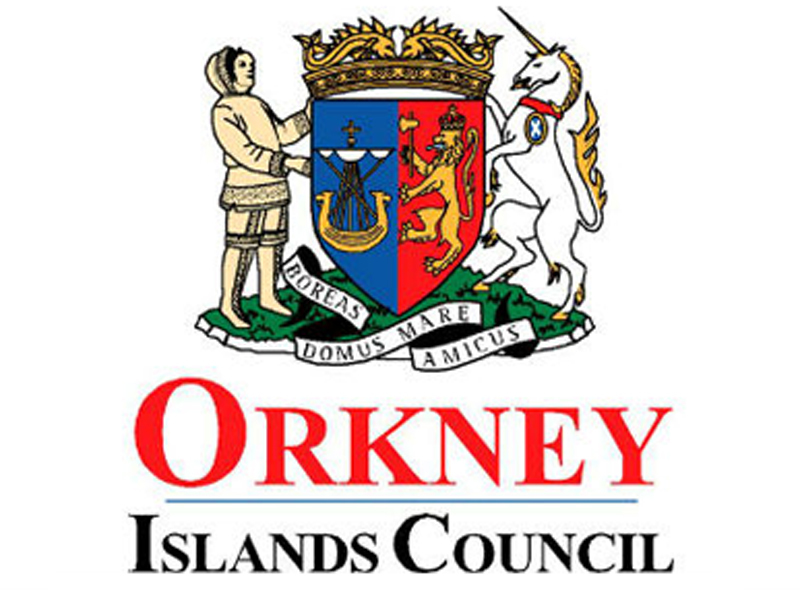Industrial action by frontline staff at Orkney Islands Council could be looming amid growing anger over a potential 3% pay cut next year to balance its books.
GMB members will be balloted over the next three weeks to gauge their thinking prior to a possible second ballot that would ask if they wanted to take industrial action.
The council has estimated that it will face a £9.5million funding shortfall over the next three years due to the likelihood of further reductions in government grants.
Options for plugging the gap include withholding a 1% public sector pay rise next year, reducing shift allowances and overtime for frontline staff, and slashing the number of public holidays from 10 per year to four.
It is understood that hundreds of staff could be affected including care workers and council colleagues in road, transport and refuse services.
Highlands and Islands GMB official Liz Gordon took soundings from her Orkney members yesterday (FRI) and urged them to reject cuts in their terms and conditions.
She told them it would represent a 3% pay cut for many staff and an even greater amount for others.
“This should be seen in the context of the preferential voluntary redundancy scheme just agreed,” Ms Gordon said.
“It would appear the council are prepared to cut real wages for those on the frontline while allowing higher grades of staff to retire on a comfortable package.”
She acknowledged that many councils were forced to take “drastic action” in recent years but insisted in Orkney’s case other options remained and must be explored.
The council’s executive director of corporate services Gillian Morrison described the authority’s frontline staff as “the backbone” of its services.
She said: “We’re committed to them and our implementation of the ‘living wage’, for example, has brought significant benefits to staff on the lowest grades over the last six months.
“However, in common with other councils, we anticipate having significantly reduced government funding with which to provide services in the years ahead.”
She added: “There’s a number of unknowns at the moment but, potentially, we may have to address a funding gap of around £9.5million over the 2017-20 period.
“We have to consider all areas where we might save money and staffing costs have to form part of that.”
She said the union’s definition of the voluntary redundancy scheme being “preferential” was incorrect, emphasising that all staff would be able to apply.
